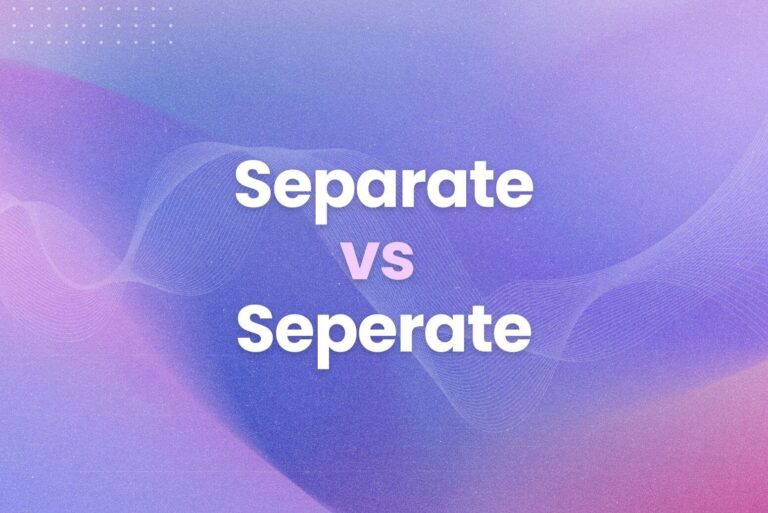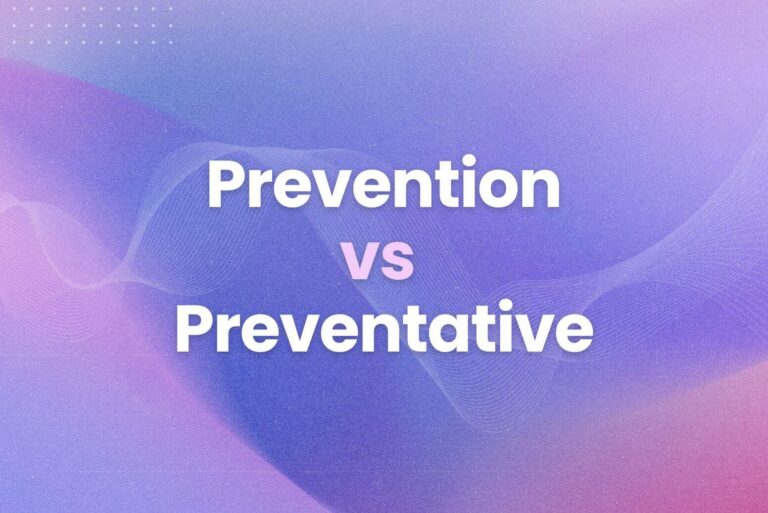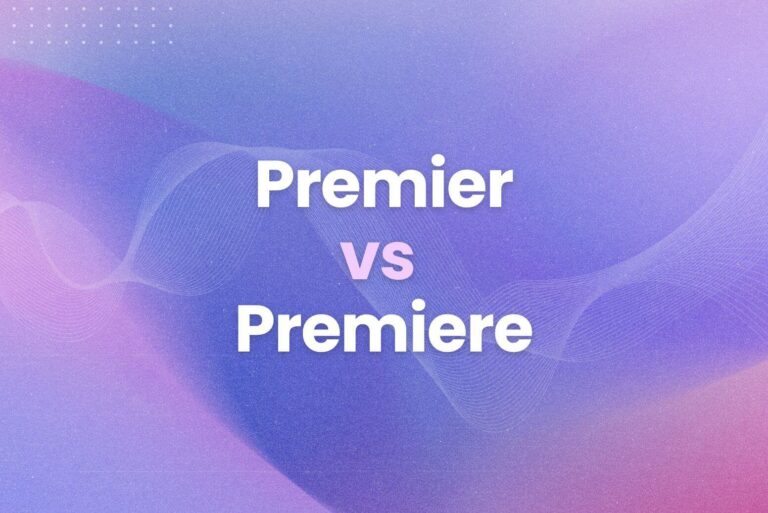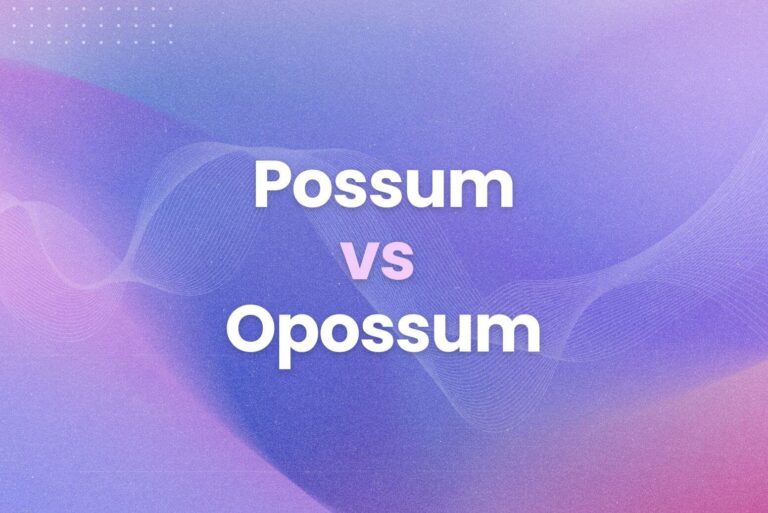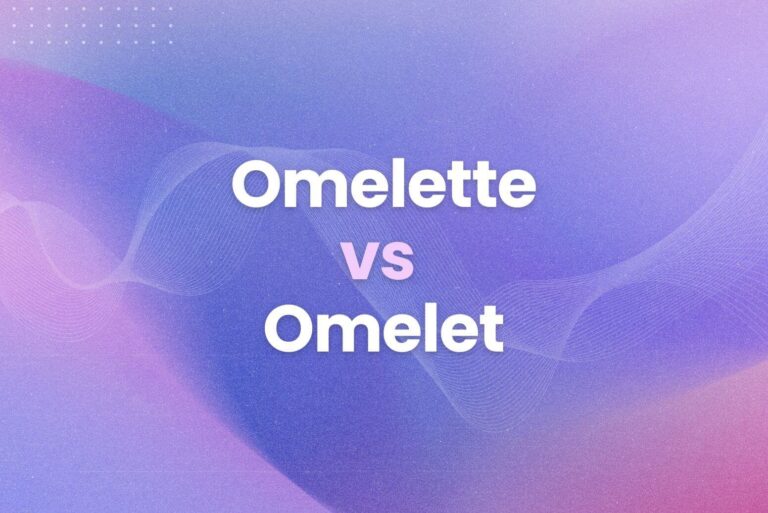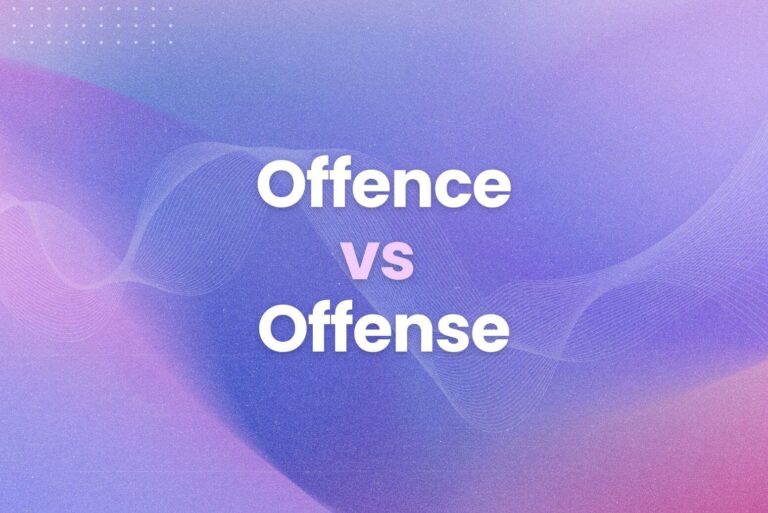Adverse vs Averse: Stop Mixing Them Up! (Simple Explanation)
Words can be tricky. They can sound similar but have completely different meanings. “Adverse vs Averse” is a perfect example. These two words trip people up all the time. And mixing them up can change the meaning of what you’re trying to say. But don’t worry, we’re here to help. This post will break down…



